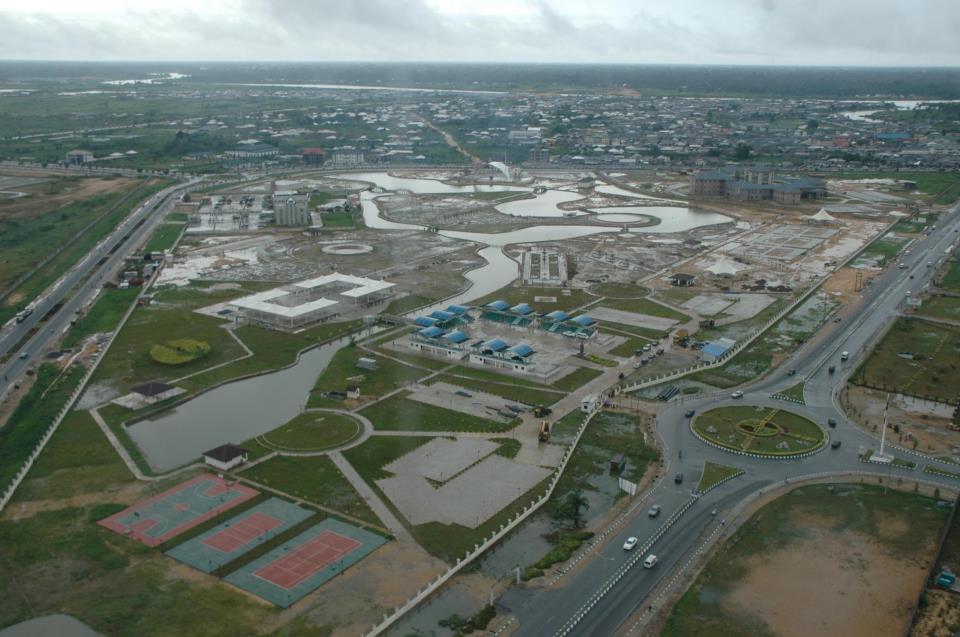Bayelsa State
States Dec 29, 2024 Last Modified:Jan 03, 2025

Table of Contents
Bayelsa State, located in the heart of the Niger Delta region of Nigeria, is a land of rich history, cultural diversity, and natural beauty. Created on October 1, 1996, Bayelsa is one of the youngest states in Nigeria. It was carved out of Rivers State to provide better governance and development for the predominantly Ijaw ethnic group that inhabits the area.
The Historical Background of Bayelsa State

The history of Bayelsa State is deeply intertwined with the history of the Ijaw people, one of the largest ethnic groups in Nigeria. The Ijaw have lived in the Niger Delta region for centuries, with archaeological evidence suggesting their presence dates back thousands of years. Their rich cultural heritage, language, and traditions have remained remarkably resilient despite external influences.
During the pre-colonial era, the Ijaw were known for their fishing and trading activities, especially in the bustling trade of palm oil and other goods with European merchants. Bayelsa’s location along the Niger Delta’s waterways made it a vital hub for commerce and cultural exchange.
Colonial and Post-Colonial Era
In the 19th century, Bayelsa, like much of the Niger Delta, came under British colonial rule. The colonial administration brought significant changes to the region’s social and economic structures. However, it also led to tensions, as the people of Bayelsa resisted exploitation and marginalization.
Post-independence Nigeria saw Bayelsa as part of Rivers State until the 1996 restructuring by the military government of General Sani Abacha. The creation of Bayelsa State was a response to long-standing demands for greater representation and development for the Ijaw people.
Geography and Natural Resources

Bayelsa State is located in southern Nigeria, bordered by Rivers State to the east and Delta State to the west. It has a coastline along the Atlantic Ocean, making it a vital part of Nigeria’s maritime boundary. The state is characterized by its extensive network of rivers, creeks, and mangrove forests, which form an integral part of the Niger Delta ecosystem.
Bayelsa is rich in natural resources, with crude oil and natural gas being its most significant economic drivers. The state is home to some of Nigeria’s largest oil fields, contributing significantly to the nation’s economy. However, this abundance has also come with challenges, including environmental degradation and resource-based conflicts.
Culture and Traditions of Bayelsa State
Bayelsa’s cultural heritage is a source of pride for its people. The state is predominantly inhabited by the Ijaw, who speak various dialects of the Ijaw language. Traditional music, dance, and festivals play a central role in the social life of Bayelsa’s communities.
One of the state’s most famous cultural events is the “Masquerade Festival,” which showcases the vibrant costumes, dances, and rituals of the Ijaw people. These festivals often serve as a means of preserving the state’s rich traditions and passing them down to future generations.
Tourism in Bayelsa State
Bayelsa State is a treasure trove for tourists seeking natural and cultural experiences. The state boasts several attractions, including pristine beaches, wildlife sanctuaries, and historic sites. Some notable destinations include:
- Oloibiri: The site of Nigeria’s first commercial oil well, drilled in 1956. It holds historical significance as the birthplace of the country’s oil industry.
- Nembe City: Known for its rich history and traditional architecture, Nembe is a must-visit location in Bayelsa.
- Wilberforce Island: A serene island that houses the Niger Delta University and offers breathtaking views of the surrounding waterways.
Challenges and Opportunities
Despite its natural wealth, Bayelsa State faces significant challenges, including environmental pollution caused by oil exploration, inadequate infrastructure, and unemployment. The Niger Delta’s long-standing issues of underdevelopment and environmental degradation have spurred calls for better governance and equitable resource distribution.
However, Bayelsa also holds immense potential for growth. Investments in tourism, agriculture, and renewable energy could diversify the state’s economy and improve the quality of life for its residents. Additionally, efforts to preserve the environment and promote sustainable development are critical for the state’s future.
Conclusion
Bayelsa State is a unique blend of history, culture, and natural beauty. Its role as a major contributor to Nigeria’s oil wealth makes it a crucial part of the nation’s economy, while its vibrant traditions and stunning landscapes make it a fascinating destination. By addressing its challenges and harnessing its opportunities, Bayelsa can continue to thrive as a vital part of Nigeria’s heritage and future.
